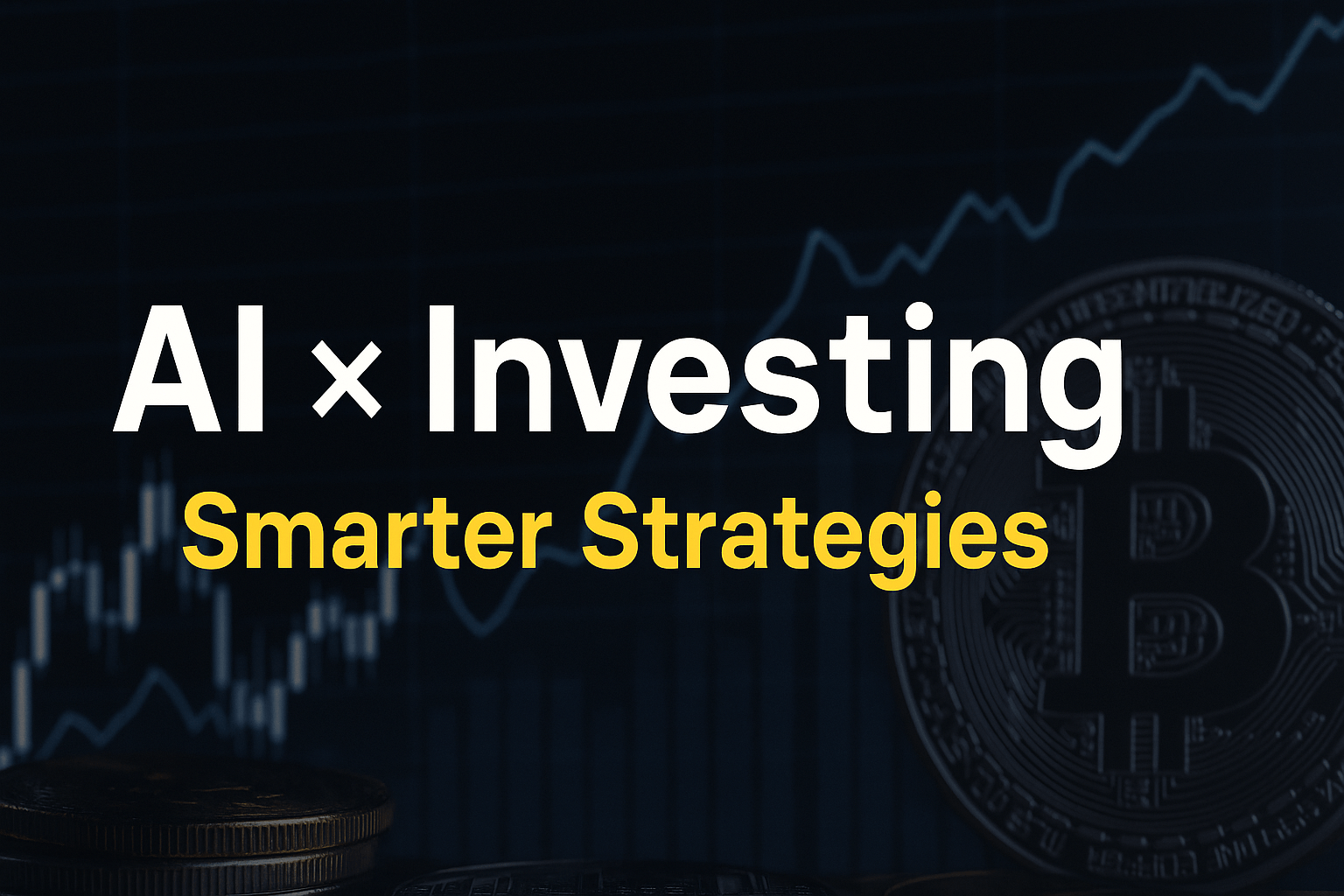Introduction
In a world where financial markets move at lightning speed, making the right investment decisions is more difficult than ever. Enter Artificial Intelligence (AI)—a tool that is reshaping how we analyze data, understand market movements, and make portfolio choices. This article explores how AI is revolutionizing the way we invest and what it means for investors in the 21st century.
What is AI Investing?
AI investing refers to the integration of artificial intelligence technologies such as machine learning, natural language processing, and big data analytics into the investment decision-making process. These technologies can evaluate vast datasets at a scale and speed no human can match. AI can identify correlations, predict trends, and automate trading decisions with a level of precision that minimizes emotional biases. For example, machine learning algorithms can detect price anomalies or anticipate volatility before it impacts the broader market.
Benefits of AI in Investing
The primary advantage of AI is its ability to process large volumes of information quickly. AI algorithms can track global markets, monitor economic indicators, and even read the sentiment in financial news headlines. This leads to more accurate, data-driven decisions. Other benefits include:
- Speed: AI executes trades in microseconds.
- Emotionless Decision-Making: AI doesn’t panic sell or chase trends.
- 24/7 Monitoring: AI systems can operate continuously.
- Scalability: AI can simultaneously manage large portfolios without degradation in quality.
Risks and Limitations
Despite its potential, AI has its limitations. One major concern is overfitting, where a model performs well on historical data but fails in live markets. Another issue is the ‘black box’ nature of some AI systems, which makes it difficult for users to understand how decisions are made. Data quality is also crucial—AI is only as good as the data it is trained on. Furthermore, reliance on AI may cause investors to ignore broader market signals or macroeconomic risks.
Popular AI Tools and Platforms
Several tools are making AI investing accessible to both institutional and retail investors:
- Wealthfront & Betterment: Robo-advisors that offer automated, AI-driven portfolio management.
- Trade Ideas: Real-time trade scanning using AI-generated alerts.
- Numerai: A hedge fund powered entirely by crowdsourced AI models.
- Q.ai by Forbes: Investment kits powered by machine learning to allocate assets efficiently.
Case Study: AI vs Human Investing
In recent years, numerous studies have shown that AI-powered portfolios can outperform traditional ones. For instance, an AI-driven ETF managed by EquBot, using IBM Watson, has shown strong performance by constantly adjusting its holdings based on new data. Meanwhile, human-managed funds often lag due to slower reaction times and emotional decision-making. However, it’s important to remember that while AI can enhance performance, it should complement human insight—not replace it entirely.
How to Start with AI Investing
Getting started with AI investing doesn’t require you to be a data scientist. Here are steps for beginners:
- Choose a Platform: Start with robo-advisors like Betterment or Q.ai.
- Understand the Tools: Learn how AI makes decisions—transparency is key.
- Diversify: Don’t rely solely on AI. Use it as one part of your overall strategy.
- Stay Updated: Follow industry news to stay on top of AI-related developments in finance.
Emerging Trends in AI Investing
The future of AI in investing looks bright. Developments in deep learning, sentiment analysis, and quantum computing may further enhance AI’s predictive power. Platforms are becoming more user-friendly, allowing average investors to deploy strategies once limited to hedge funds. Additionally, regulatory bodies are beginning to explore ethical AI standards, ensuring transparency and fairness for all market participants.
Conclusion
Artificial Intelligence is rapidly becoming an indispensable part of modern investing. While it’s not a silver bullet, its ability to analyze vast amounts of data and act without emotional bias offers clear advantages. Whether you’re a beginner or a seasoned investor, integrating AI into your investment approach can give you a significant edge. Just remember: use AI as a tool—not a crutch. Stay informed, remain critical, and leverage technology to build smarter, more resilient portfolios.

コメント